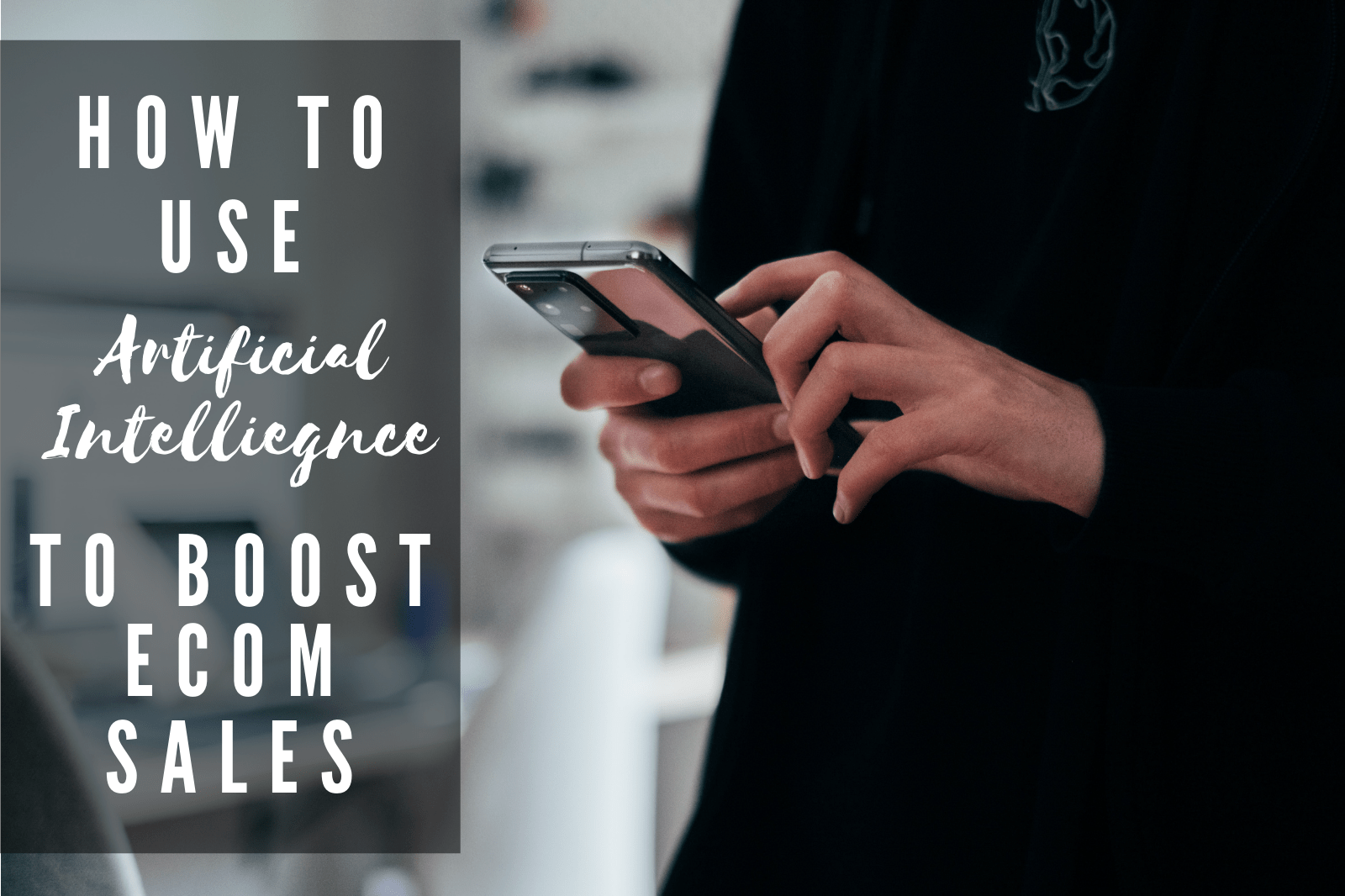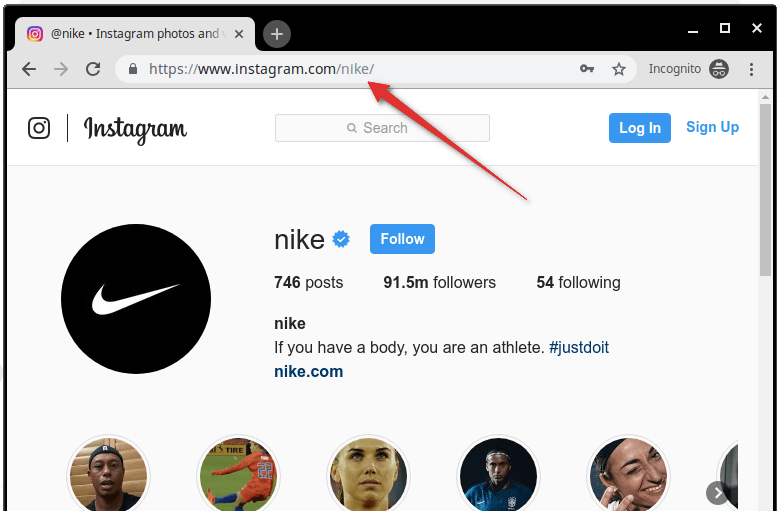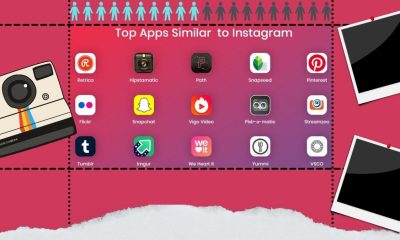Grow Your Business
How to Use AI to Boost Your Sales in E-commerce?

The onrush of artificial intelligence and its impact on all spheres of our lives is immense. E-commerce and online retail are among those realms that use the evolution of this technology to their advantage.
The truth is that year by year AI and machine learning are expanding their range of influence, becoming smarter and getting better in cultivating their skills of understanding consumers and their needs. This means that with the help of innovative technology, store owners can boost user experience, forecast trends, increase brand awareness, and consequently sell more.
When AI and e-commerce are team players, the opportunities for business growth are colossal. In this post, we’d like to tell you about the ways you can use innovative technologies to accelerate your online store success. As well, we will introduce you to the brands that implemented AI in their websites and how that works out. So, let’s go ahead.
1. Using AI-powered Chatbots For Improving Communication With Customers
Customer service is definitely among the areas where artificial intelligence can shine. Since most consumers are not fussed about whether a human being or a computer helps them, the number of companies using chatbots in customer service is growing exponentially.
People love chatbots. They are fast, responsive, polite no matter what, and always there when you need them. AI-based virtual assistants are able to perceive human intention without keyword matching and save an agent’s time by resolving common issues.
The whole concept of artificial intelligence is based on mimicking human cognitive abilities. AI-based chatbots can learn from previous experience and adjust to new inputs providing relevant and accurate answers to users’ queries.
For instance, Uber makes use of AI-powered bots to provide people with the ability to request a ride. JustEat, online food and delivery service, leverages artificial intelligence to create bots that are able to take orders and forward this information to the duty holders.
Image Credit: ZX.YCN
2. Get Your Hands On User Data And Analytics
How well do you know your clients? Their tastes, habits, preferences, interests, what products they buy, and what they are dreaming about…
Of course, you can make general assumptions based on your target audience research. But instead of guessing, you can truly know the details. Artificial Intelligence aimed at analyzing people from cover to cover providing store owners with accurate and detailed information about their buying audience. Let’s delve into some of the things AI can do to grow turnovers.
Personalized Product Selection
By collecting data and analyzing patterns, AI can shed light on customers’ interests, tastes, and preferences and, at the same time, get rid of batch and blast communications.
New Epsilon research shows 80% of the people surveyed are more likely to make a purchase if a brand serves a personalized experience. The “show everyone the same thing” approach receded into the historical distance – people feel frustrated when their shopping experience is impersonal. Artificial intelligence can change the situation for the better.
For example, in the category page grids, AI can rearrange items in such a way as to show a user those products that they may set sights on. It bases assumptions on the previously bought items and the things that the individual has browsed.
You have probably seen a “You May Also Like” or “You Might Be Interested In” section when browsing certain online stores. These blocks are used by retailers to provide their customers with the personalized shopping experience, increase the average check size, and sell more products. Take a look at Alibaba, one of the world’s largest companies, which use AI-powered algorithms to advise goods to the customers.
Screenshot taken on the official Alibaba website
However, in order to implement and customize this section and benefit from artificial intelligence, you may need professional help from dedicated eCommerce developers specializing in e-commerce solutions.
3. Using AI to Show the Products That Compliment Each Other
As your inventory expands, it becomes challenging to pay careful attention to the products that sell well together. A piece of good news is that artificial intelligence can lend you a helping hand by keeping a close watch on the product assortment and automating these processes. As such, by having ultimate knowledge of customers’ interests and tastes, stores can offer the visitors not a single product but the best-selling combos to sell more.
To make things clear, let’s have a look at the official Agent Provocateur website. The company selling premium lingerie and swimwear came out with the smart move: the items that complement each other are displayed in the “Wear With” section. This move affects impulsive buying, urging visitors to spend more money than they planned at the beginning.
Screenshot taken on the official Agent Provocateur website
4. Virtual Try-Ons
When e-commerce and augmented reality play in the same team, this duo opens colossal opportunities for online sales. The technology makes it possible for shoppers to virtually check out a product before buying even if they can’t touch it in reality. All they have to do is to launch the camera of a mobile device or PC. Needless to say that implementing such a fitting room can skyrocket the user experience, making the store smart, interactive, and user-friendly. Besides, AR brings the following benefits for users:
- The ability to feel in-store experience regardless of the location
- Feel of something magical going on
- Almost live interaction.
Such virtual try-ons have already been implemented by many brands, including such famous ones as GUCCI, Lancome, Adidas, Ralph Lauren, Uniqlo.
Let’s see how this works. Ikea was one of the early adopters. This Swedish company selling furniture, kitchen appliances, and other stuff, leverages ARKit to allow shoppers to see how, say, an armchair will look within their room.
Image credit: Ikea official
It is obvious that many companies see beauty as a lucrative field for tech development. As such, Sephora, a famous makeup retailer, introduced a “Sephora Virtual Artist”. This feature scans a face, determines where lips, nose, or eyes are, and lets the customer try on various looks. Thus, the shopper can play with lip colors, try different false lash styles, and buy the products they like. Convenient!
Image credit: Sephora
5. Using AI for Image Recognition
Using AI for fast and efficient product searching is not something beyond the pale. Devices and software like Google Assistant, Siri, Alexa, Bixby, and Cortana are just a few examples of some awesome platforms that enable users to hail a cab, make orders, search products with just their voice.
Along with voice search, artificial intelligence provides users with the ability to find the product they are looking for by employing image recognition. As such, instead of typing text queries in a search bar, people may identify and find items through photos made with their cameras.
For instance, Amazon, a multinational company, has implemented StyleSnap, an image recognition system, on its mobile website. By using this feature, users can upload photos of different fashion looks and the AI-powered system will display the detected items along with their prices.
Screenshot taken on the official Amazon website
Summarizing
Artificial intelligence is contributing to the e-commerce industry in many ways. In order to stay afloat, business owners have to employ this technology and use it to its fullest. In the highly-competitive world, establishing strong relationships with customers, as well as understanding their necessities are essential for online retailers. AI along with machine learning help businesses make communication more personal and effective, increase brand awareness, and multiply sales.
—
About the Author
Alex Husar
Alex Husar, CTO at Onilab with 8+ years of experience in Magento and Salesforce development services. He graduated from the Czech Technical University and obtained a bachelor’s degree in Computer Software Engineering. Alex’s expertise includes both full-stack dev skills and a strong ability to provide project-critical guidance to the whole team.
Social media:
https://www.linkedin.com/in/alex-husar
https://twitter.com/AlexHusar1
-

 Marketing Tips2 days ago
Marketing Tips2 days agoWhat is my Instagram URL? How to Find & Copy Address [Guide on Desktop or Mobile]
-

 Business Imprint3 days ago
Business Imprint3 days agoAbout Apple Employee and Friends&Family Discount in 2024
-

 App Development3 days ago
App Development3 days agoHow to Unlist your Phone Number from GetContact
-

 News4 days ago
News4 days agoOpen-Source GPT-3/4 LLM Alternatives to Try in 2024
-

 Crawling and Scraping4 days ago
Crawling and Scraping4 days agoComparison of Open Source Web Crawlers for Data Mining and Web Scraping: Pros&Cons
-

 Grow Your Business2 days ago
Grow Your Business2 days agoBest Instagram-like Apps and their Features
-

 Grow Your Business4 days ago
Grow Your Business4 days agoHow to Become a Prompt Engineer in 2024
-
Marketing Tips2 days ago
B2B Instagram Statistics in 2024



